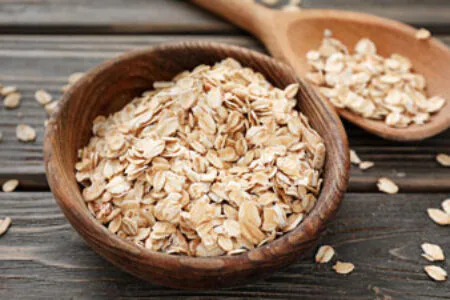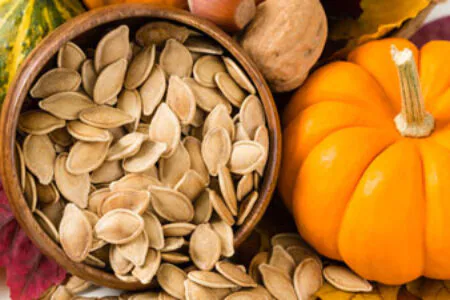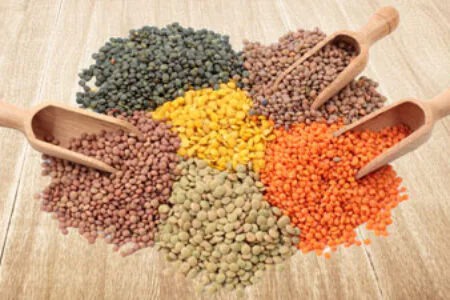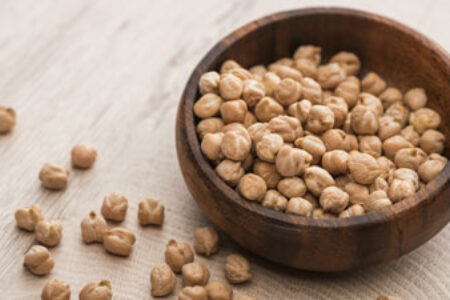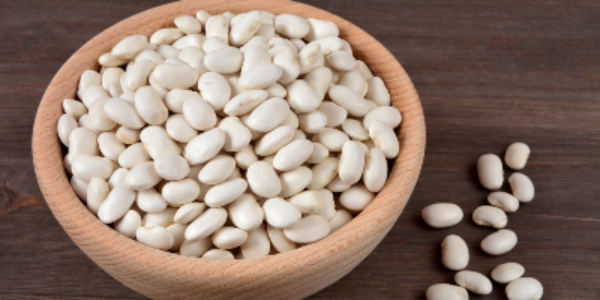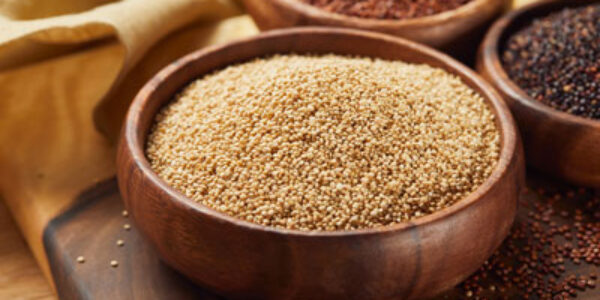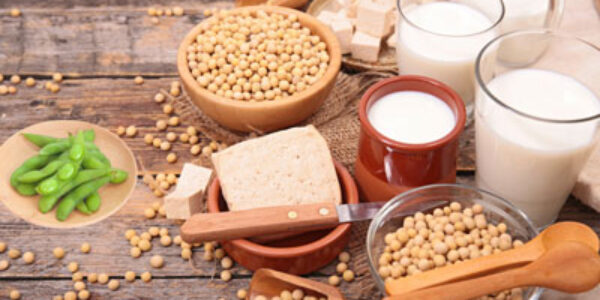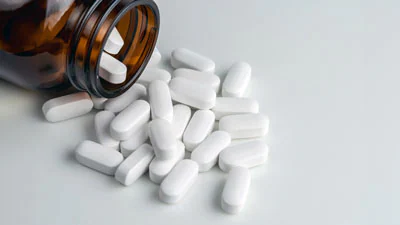
You may have heard that zinc helps us fight colds and that it supports prostate health. Yes, zinc is very important for both the male and female reproductive health, and for our immune system, but it has a big role in many other functions too.
Zinc helps our cells grow and multiply, which is why our little ones need it during pregnancy, infancy and childhood.
We use zinc to make DNA and proteins, in fact, 1 in every 10 proteins in our body are zinc proteins. Our brain needs zinc to generate neurons from pregnancy through adulthood, and our neurons use zinc to release neurotransmitters, including those that impact our mood. We also use zinc for wound healing, to taste and smell, and to package and secrete insulin.
57% of the zinc in our body is in our muscles, and it is key in helping us build and maintain skeletal muscles. 29% is in our bones, where it supports bone regeneration by promoting the multiplication of our bone-building cells, the osteoblasts.
When it comes to our immune system, zinc is essential for cell proliferation, helping our immune cells grow and divide, thus allowing us to have a stronger army of natural killer cells, T cells and B cells. Plus, zinc is an antioxidant, so it protects our cells from the damage caused by free radicals.
Our body can’t store zinc, so we need to ingest it daily. The good news is that zinc is present in legumes, whole grains, and different seeds and nuts. Check out some of these sources below and try our personalized calculator to see how much zinc you and your loved ones need.
Top Whole-Food, Plant-Based Sources
Hover over each food below to see how much zinc you can get with one serving. Click on each food’s picture to visit its interactive page with a personalized calculator of all the nutrition you can get from one serving, more information about how it supports our body, tips to choose and prepare it, interesting facts, and more!
Zinc Personalized Calculator
See how much zinc you and your family members need, according to the Dietary Guidelines for Americans, 2020-2025.
Terminology:
- Daily Value (DV): The recommended amount of nutrients to consume each day for individuals who are 4 years old or older.
- Recommended Daily Allowance (RDA): The recommended amount of nutrients to consume each day according to the individual’s age, gender, and whether a woman is pregnant or breastfeeding.
- Upper Intake Level (UL): The highest amount of nutrient intake that will not pose adverse health effects on most individuals.
Important Things to Know
Comparison of Zinc Sources
You may be wondering about other potential sources of zinc, such as supplements and meat. Below we make a quick and simple comparison between the three options.
References

